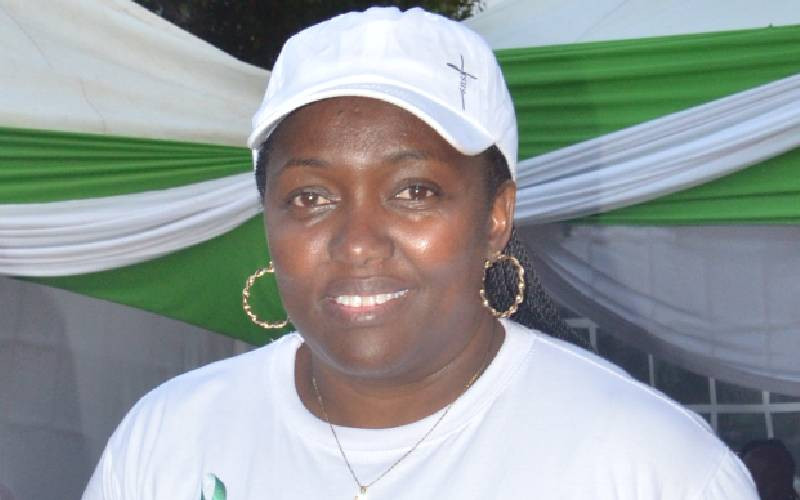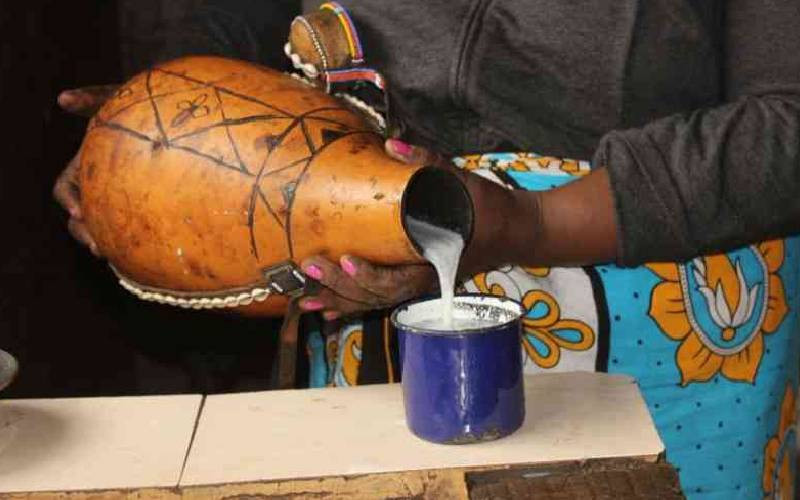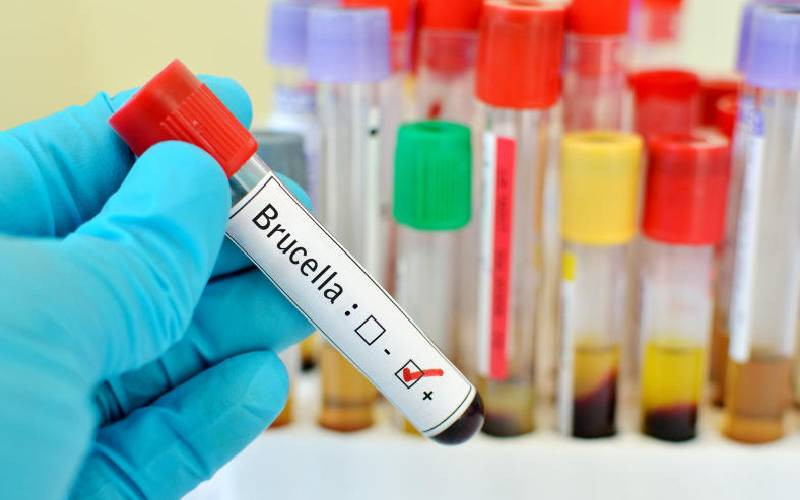
Nancy and Japheth Mutai's ailing son started having complications at six months. He would frequently faint, was emaciated, had pale skin and delayed growth milestones.
Medics in Nandi and Uasin Gishu counties said Boaz Korir was malnourished and advised better nutrition on which the Mutais spent over Sh200,000 but their child's condition got worse and the skin turned bluish.
"After conducting tests, doctors at Tenwek Mission Hospital told us that he had a hole in the heart. He also had a condition called Tetralogy of Fallot," Nancy says and adds that their son is recuperating without any complications.
Facts First
Unlock bold, fearless reporting, exclusive stories, investigations, and in-depth analysis with The Standard INSiDER subscription.
Already have an account? Login
 The Standard Group Plc is a multi-media organization with investments in media
platforms spanning newspaper print
operations, television, radio broadcasting, digital and online services. The
Standard Group is recognized as a
leading multi-media house in Kenya with a key influence in matters of national
and international interest.
The Standard Group Plc is a multi-media organization with investments in media
platforms spanning newspaper print
operations, television, radio broadcasting, digital and online services. The
Standard Group is recognized as a
leading multi-media house in Kenya with a key influence in matters of national
and international interest.











